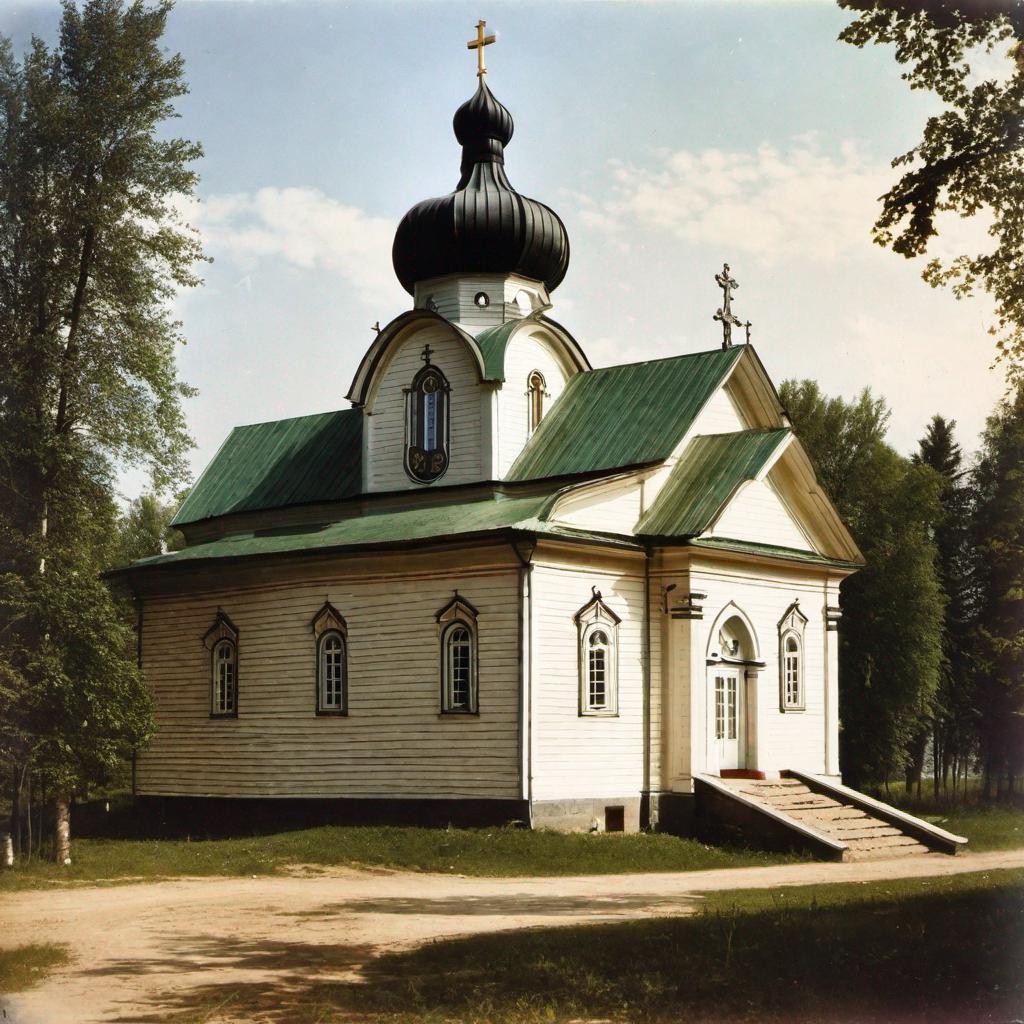The Moral Codes and Laws of Volga Germans
The Volga Germans, many of whom were Lutherans, brought with them a deep-seated religiosity. Their faith was a cornerstone of their identity, providing guidance, community cohesion, and moral grounding in their new homeland.
Lutheranism, as practiced by the Volga Germans, was rooted in the teachings of Martin Luther. Adherents were expected to live by the Ten Commandments and the core tenets of the faith, embracing a life of piety, charity, and community service.
While much of the Lutheran doctrine emphasized individual conscience and personal relationship with God, there were institutional rules set by the church governing various aspects of communal life. These rules encompassed moral conduct, observance of religious rites, and participation in communal activities.
Punishments for transgressions were often framed as corrective rather than retributive. For minor offenses, such as missing a Sunday service without a valid reason, the guilty party might be subjected to private admonishment by the pastor or church elders.

More severe or repeated transgressions, like public drunkenness, adultery, or theft, could result in public confession, where the guilty party would stand before the congregation to admit their sins. This act served both as a deterrent and a way to reintegrate the sinner back into the community after a show of genuine repentance.
The most severe form of punishment was excommunication. This drastic measure was reserved for those who committed grave sins and showed no signs of repentance. Being cut off from the church was a significant penalty, given the central role the institution played in community life. It meant spiritual isolation and often social ostracism.
Despite these disciplinary measures, the Lutheran Church aimed to foster a loving and supportive community. Punishments were seen as a way to maintain moral integrity and guide the lost sheep back to the fold. It was always hoped that with correction would come reconciliation.
Today, while the church's role and its methods of discipline have evolved, the foundational principles of community, faith, and moral integrity remain deeply ingrained in the descendants of the Volga Germans.